What to Do With Food When the Power Goes Out
Have you ever experienced a power outage that lasted more than a few hours? It can be a scary experience, especially if you have food that’s in danger of becoming spoiled. Fortunately, there are some steps you can take to help keep your food safe in case of power-killing hurricanes, ice storms, or other natural disasters.
One thing we learned in St. George, UT with a freezer we had in our garage. It was plugged into to a GFCI circuit breaker designed to trip if there was a slight hiccup in the line. Unknown to us, the breaker had tripped when we were out of town for a few days, so the freezer wasn’t able to keep the food frozen.
We had an electrician run a separate line from the main circuit box so we could run the freezer on its own circuit. We learned that it doesn’t take a natural disaster to affect the individual lines in your home. The is an old saying that: “An ounce of prevention is better than a pound of cure.” Our experience proved to be an expensive lesson.
In this article, we’ll look at what to do with food when the power goes out. Read on to find out how you can save one of the most precious commodities in your home, food!
Please invest in a Butane Stove with fuel or a Dutch oven. Of course, you need stock charcoal briquettes in an airtight container without the added fire starter chemicals.
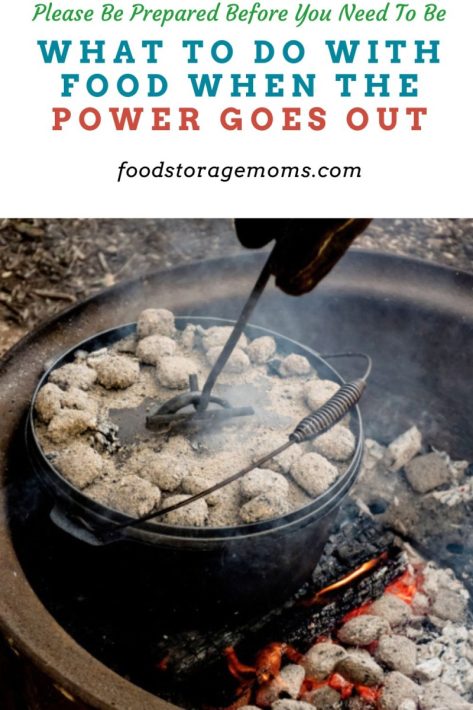
Put Frozen Foods Together
If you find yourself out of power, one great solution is to stack frozen food together since that helps keep each package colder by feeding off the other items. It’s a simple yet effective way to keep frozen food cold longer. With just a few tools, you can easily store your freezer items in an organized way that keeps them safe from spoilage. How To Dehydrate Frozen Vegetables and Make Vegetable Powder
Keep the Fridge Door Closed
Keeping the refrigerator door closed is an important part of preserving the food inside during a power outage. When you keep the door shut, the cold air inside stays in and the warm air outside stays out. This helps to maintain a steady temperature which keeps your food fresher for longer. You may also want to keep the refrigerator organized with containers and shelves so that you can quickly locate what you need without having to open and close the door multiple times, not always realistic I know!
Utilize Coolers
Utilizing coolers for food when the power goes out can be a lifesaver. Coolers filled with frozen items like ice packs, ice, and frozen meals can help preserve food even if the power is out for an extended period of time. To maximize the usefulness of a cooler in a power outage, try to keep it away from direct sunlight and other sources of heat.
You may want to add more ice or ice packs, if available, every 24 hours to maintain a cold temperature inside the cooler. This will help to keep your food in an optimal environment for consumption until the power is restored. How to Keep Your Food Safe in the Midst of Disasters It’s much cheaper to buy bags of ice or even block ice than it is to replace all your food.
Just a caution about ice cream. If the temperature in your freezer tends to go down much at all, the ice cream you have stored will turn soft and even go to liquid pretty fast. Unless you like cleaning up your freezer shelves, I’d suggest having a fun ice cream party and getting that treat taken care of!
Cook Up Food
After a long power outage, it’s important to get creative in the kitchen and make the most of what you have in your fridge. Meat that otherwise would have gone to waste can be used up with some careful planning. Try stir-frying chicken with some vegetables or using it to top off a delicious homemade pizza. Not only will it save you money, but it’s also a great way to use up all that food! You won’t have long to cook up food before it goes bad. Tacos, anyone?
What to eat for dinner when the power goes out?
When the power goes out, here are some delicious options for dinner:
- Grilled Cheese with Tomato Soup: This classic comfort food is a great way to warm up and fulfills your need for a light meal.
- Cold Cut Sandwiches: If you have bread and cold cuts, sandwiches can be an easy and quick meal option during a power outage.
- Campfire Chili and Cornbread: For an outdoor cooking experience, campfire chili can be made with canned ingredients like beans, tomatoes, onions, peppers, and seasoned beef or turkey. Serve with cornbread for the ultimate comfort food meal.
- Fall Salad: A fall salad of greens and seasonal fruits or veggies can provide all the nutrients you need without having to turn on the stove or oven. Add nuts and cheeses, if you have them on hand, for extra protein.
- Peanut butter and jam or jelly: Generally speaking, PB&J can be eaten when the power is out. Peanut butter and many jams or jellies are both shelf-stable! Both jam and jelly are supposed to be put in the fridge after being opened, but they can be stored in a cooler.
- Fresh foods: Use up as many fresh foods in your fridge as possible.
How long does food last in the freezer after a power outage?
Whether it’s a planned or unplanned power outage, it’s important to know what food can last in your freezer during these times. The length of time that food will remain safe and at a safe temperature varies depending on the type of food and its packaging. Generally, if you keep the freezer door closed and the temperature remains below 40 degrees Fahrenheit, your food should last between one and four days. Of course, every freezer is different, so you must be careful. Some are older models with less insulation or whatever.
It’s best to check with the USDA for specific storage suggestions for foods such as meat, poultry, seafood, and dairy products like hard cheeses, eggs, and other perishable items. If you have a full freezer, and a storm knocks out your power, use these tips to make sure your food stays as good as possible!
Note that the texture and color of foods that have been frozen for extended periods MAY have changed slightly. As long as they were continually frozen until you lost power and decided to put them to use, they should be fine and free from any foodborne illness issues.
Should I invest in appliance thermometers?
Investing in appliance thermometers is a great way to make sure your food stays safe during a power outage. When placed in the refrigerator or freezer, they can detect any fluctuations in temperature that may occur due to an unexpected power outage. They will alert you if the temperature rises above 40 degrees Fahrenheit, which is critical for keeping perishables at their optimal quality and safe to eat.
Having appliance thermometers installed before a power outage takes place can help you monitor temperatures and avoid massive waste of spoiled food. Food Safety Tips During an Emergency The temperature of foods and their proper maintenance is a smart means of food disease control.
One very inexpensive way to see if your freezer has thawed more than you may have guessed is to put a small jar of water in your freezer, let it freeze, place a quarter on top and check it occasionally if the quarter is still on top of the frozen water. If the water has melted and the quarter is at the bottom of the jar, well, you get the picture.
When in Doubt, Throw it Out
We’ve all heard this expression before. Sometimes, you just can’t save the food and it may need to be thrown out. So, when in doubt, throw it out! What should you throw out?
- Superhard cheeses should be thrown out.
- Anything that has an unusual odor or has growing bacteria or mold on it, throw it out.
- Condiments like mustard, ketchup, and mayonnaise should be okay throughout a power outage. If any funky smells, throw them out.
- Parmesan cheese and romano cheese may be one of those fridge items you have to throw out if the power outage goes on too long.
- Items like hoisin sauces, Worcestershire sauce, margarine, relish, vinegar, and creamy dressings should be evaluated on a case-by-case basis for keeping or throwing out.
ALWAYS double-check the CDC’s website to see what they have to say about food safety for power outages.
More Tips for Power Outages:
- Power Outage: What to do Next
- What You Will Need If the Power Goes Out
- 20 Things To Do When The Power Goes Out
- Supplies Needed for a Power Outage
- Always have a good stock of food items not affected by a power outage, like pasta, taco shells, canned foods, granola, trail mix, pancake mix, juices, and fruits you can keep on the counter like apples and pears.
- Put labels on foods as you put your containers in the fridge. That way you know how old the stored foods are, whether you lose power or not.
- Have some good cleaning supplies handy in case you have to clean out your fridge or freezer. You may want to use some bleach too if you feel there may have been some spoiled food with related mold and germs.
- Have some quality recipes available when you need to make some quick meals with foods you’ve had to take from the fridge or freezer.
Final Word
So, now that you know what to do with food when the power goes out, you can utilize these tips. The power going out doesn’t have to mean wasted food. You can cook up some foods on your grill or propane stove. You can make salads, and sandwiches, and get super creative with other foods. Have you ever had hotdogs on tortillas? I’d love to hear anything creative you’ve eaten when the power went out. May God Bless this world, Linda.
Copyright Images: Dutch Oven Cooking AdobeStock_517654638 By Daria Nipot

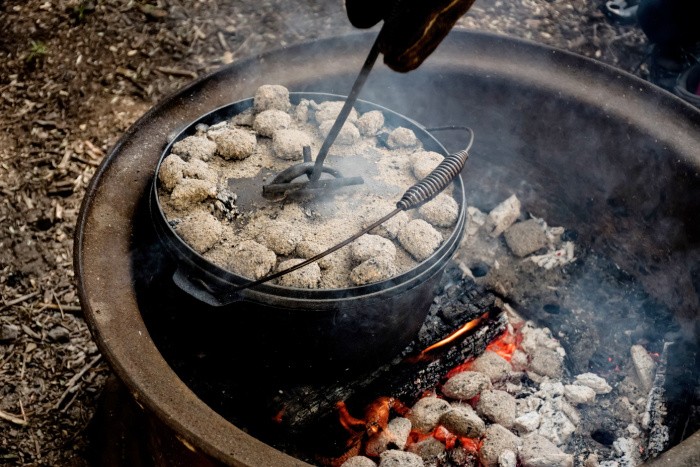


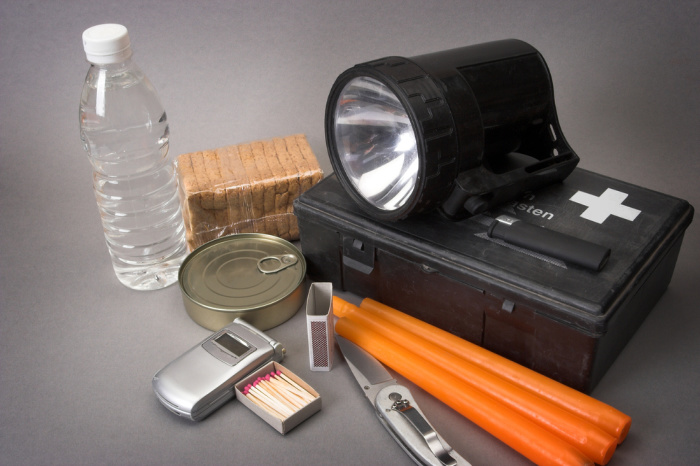
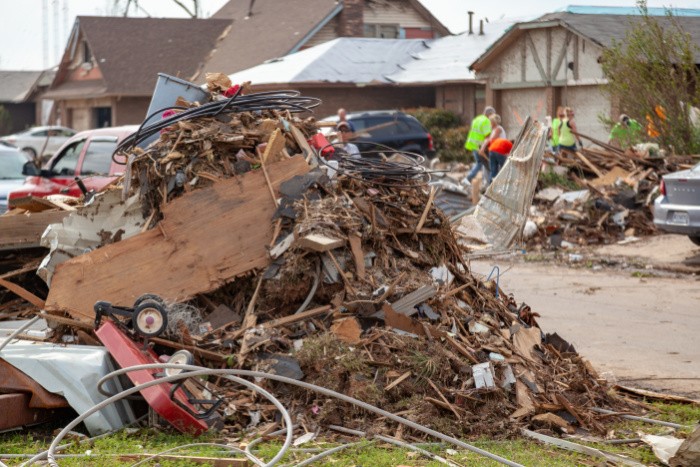
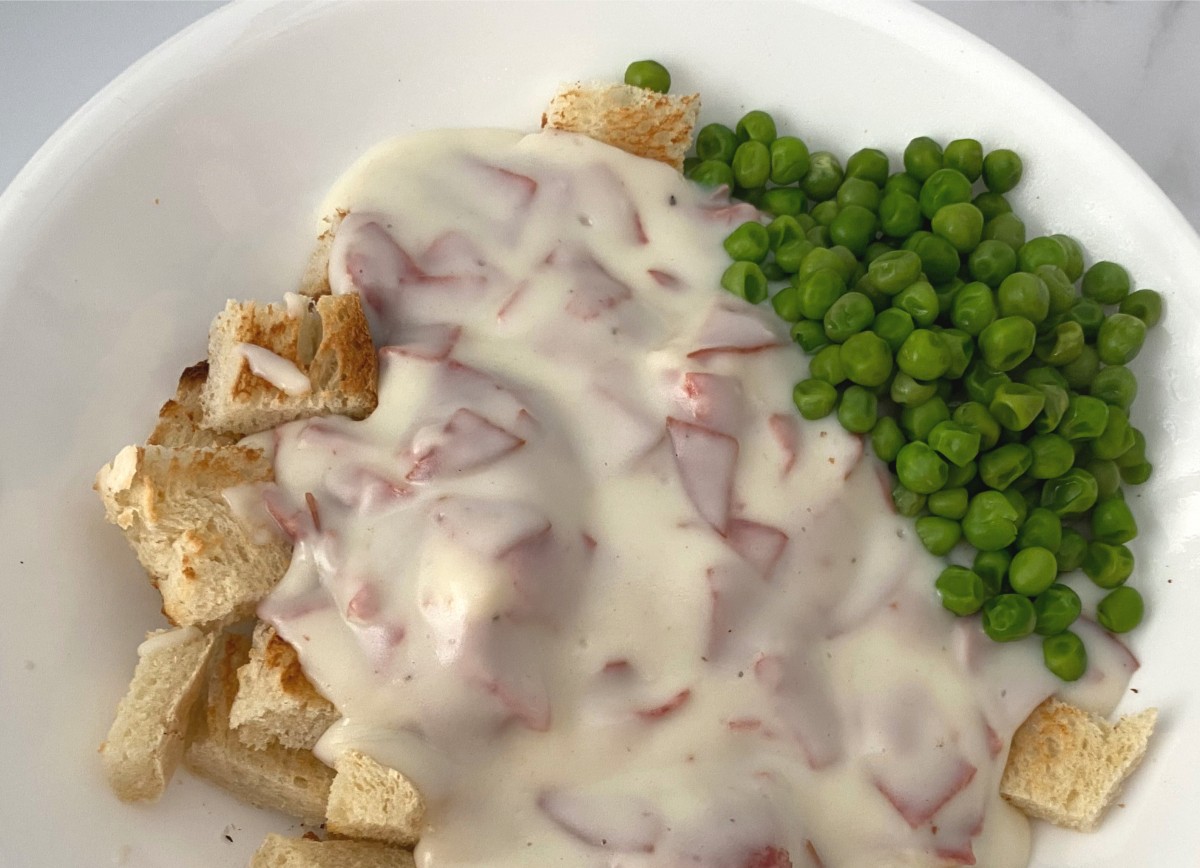

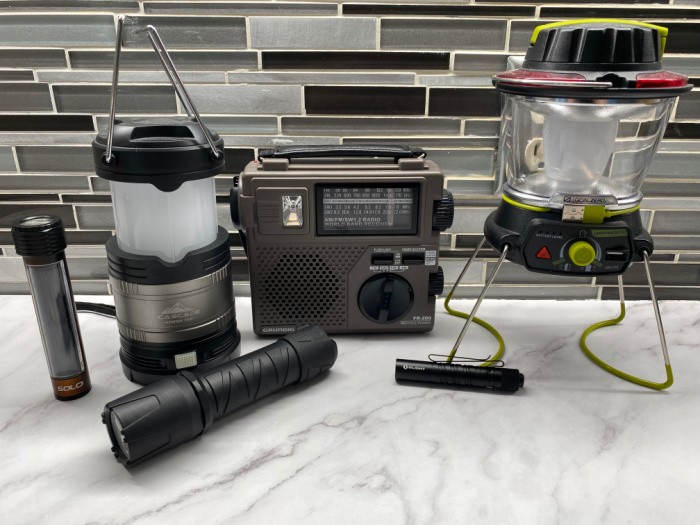
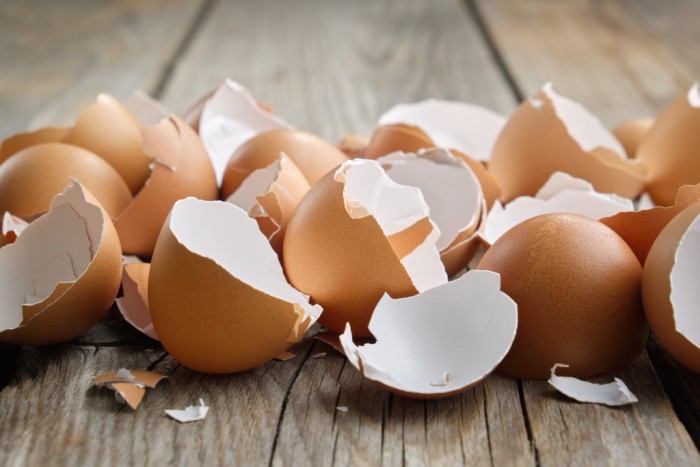
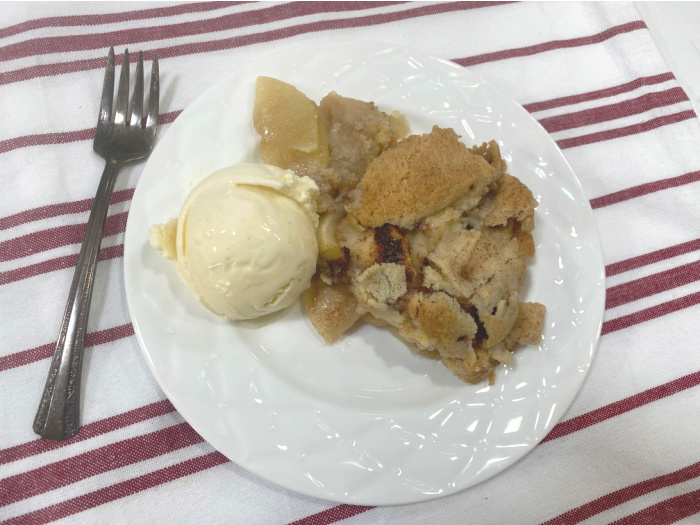
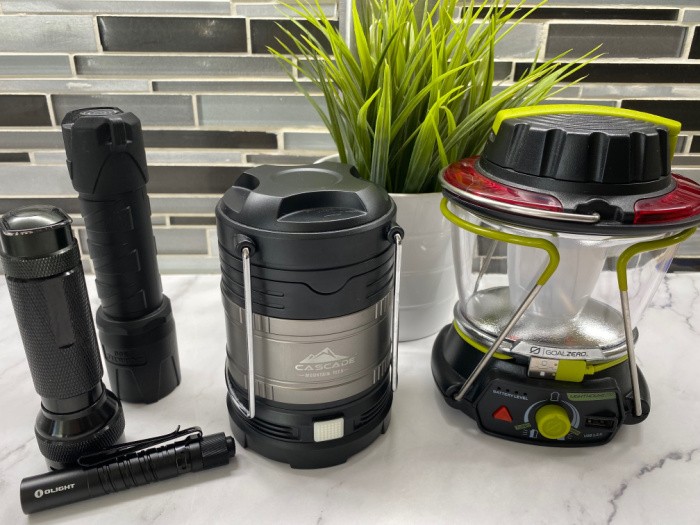
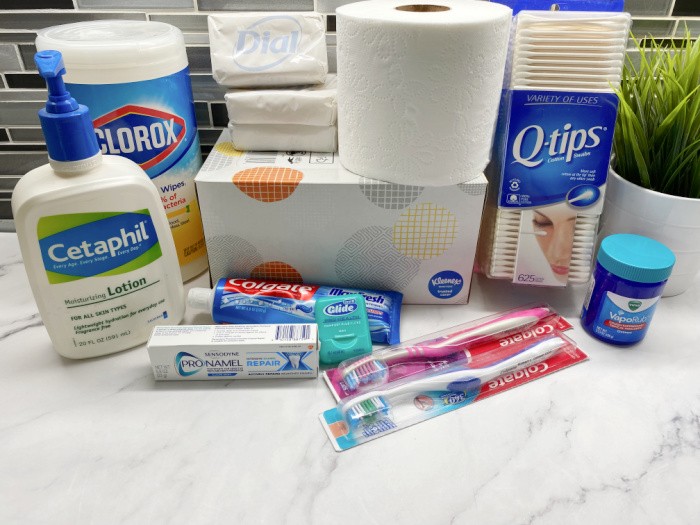
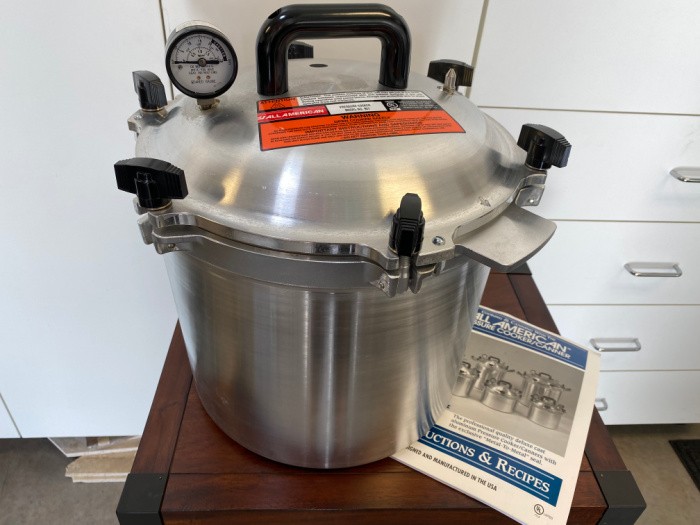
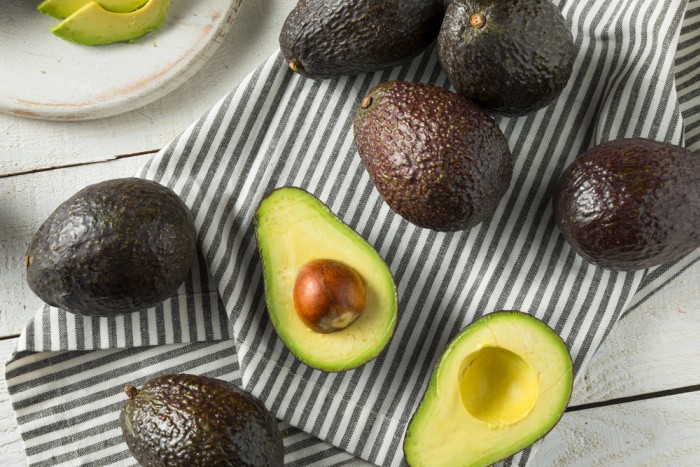


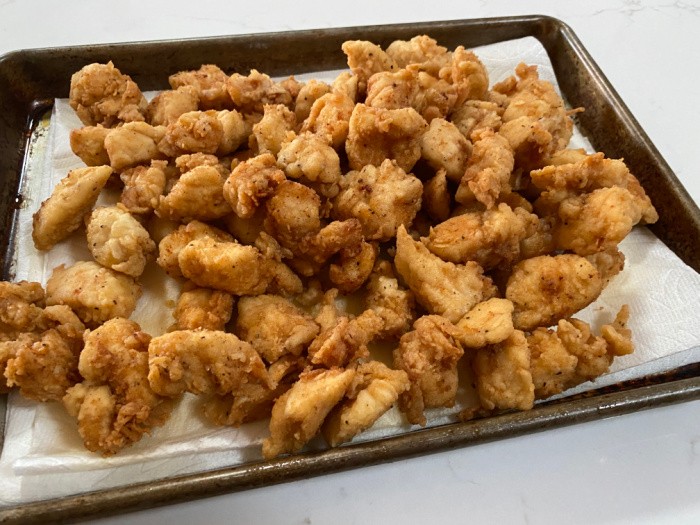
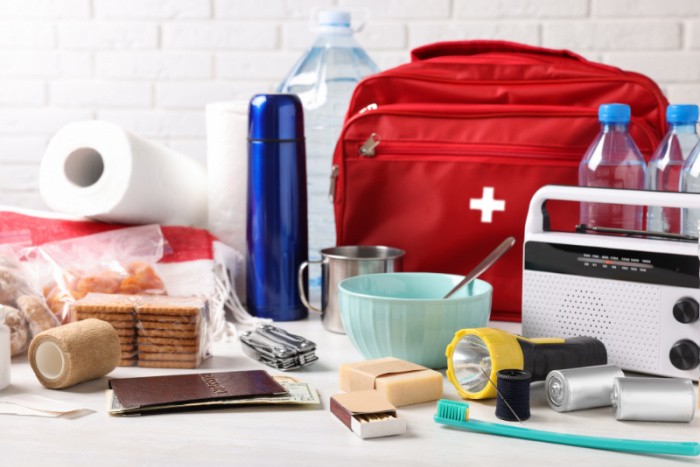
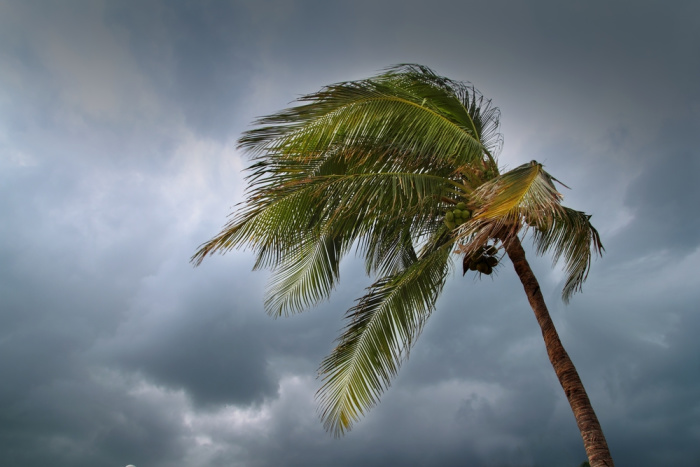
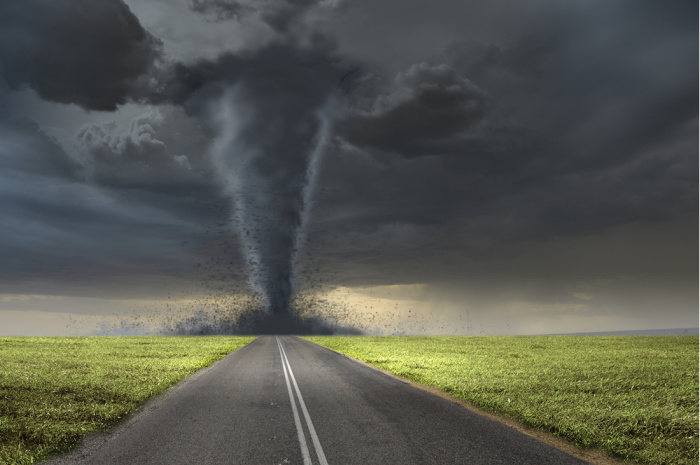


Well, as you know, on Wednesday when we lost power for 18 hours, we fired up our trusty Honda generator and kept our two refrigerators and two freezers running for several hours until the power came back on. Only ran the freezers one time since they are both virtually full and we kept them closed. Ran the refrigerators a couple of times just to keep things cold. We have capability with that genset and another genset as well as a large power block to keep our refrigeration running for several weeks. By then, we should be able to cook and eat or dehydrate most of the stuff in the freezers.
I highly recommend if at all possible that everyone have a modest size genset to keep refrigeration going as long as possible.
Hi Harry, that was a crazy storm, thankfully you had generators, and Mr. Buddy Heaters to stay warm. Thank goodness your trees didn’t fall on your home! It sounds like you make have some fire wood, that’s a blessing. Stay safe and warm, my friend, Linda
We also have the gen back up but due to the noise they produce we installed three solar panels last week, and five batteries. They are running both freezers and two little refrigs in our basement. We are working out the issues of how long will it run if there is not sun to recharge the batteries, but I am so in love with the idea and no noise to draw people in to are area.
Hi Rebecca, I like your idea of solar. They work great when they aren’t covered by snow here in Utah. Both choices are great we need to be able to protect our food and homes. Great comment, Linda
Grateful we have a generator to buy us some time to eat, can and dehydrate if needed.
We had a similar experience with a freezer Linda. The outlet that our small chest freezer was plugged into went bad. Fortunately I found it quickly- but we ended up canning over 80, yes 80, jars of meat. Threw away dozens of eggs as they were on the top and seemed “squishy” – just didn’t dare to refreeze them. I’m trying to use, can or dehydrate much of what’s currently in our freezers – the situation in this country has me worried about our long term electricity.
Hi Beth, 80 jars of meat, or more like you said would take a very long time to cut, prep, and pressure can. It’s a nice feeling to see it on your shelves when it’s done but wow, thank goodness you were able to process it! I am going to be dehydrating a lot of food to show my readers how to do it, no special book is needed. I used the book that came with my dehydrator. If you see vegetables on sale, dehydrate them. My biggest concern is our power grid, we only have three of them in the US that feed power to other areas. You get the picture. Linda
In our former home we lost power for about a week following a major ice storm. Fortunately we were a close knit neighborhood. Those with gas appliances cooked for all of us. We started with leftovers and ate potluck. We had two gas fireplaces so we provided warmth and sleeping. Once people started to find generators, we had extension cords running from house to house. We did lose some trees,but all in all we did good working together.
Hi Chris, you lived in a great neighborhood with wonderful neighbors! I love hearing stories like this! Thank you for sharing. Linda
Linda,
While I have a gas fired generator and a solar generator I keep an average of 20 sixteen ounce bottles of water in my large freezers. If the power goes out they will keep your food frozen for quite some time. Move a few into your fridge and it will help keep it cool too. Bonus, as they thaw you have cold drinking water.
Hi Ray, great idea, if they thaw you have good drinking water! Love it! Gas and solar generators are awesome!! Linda